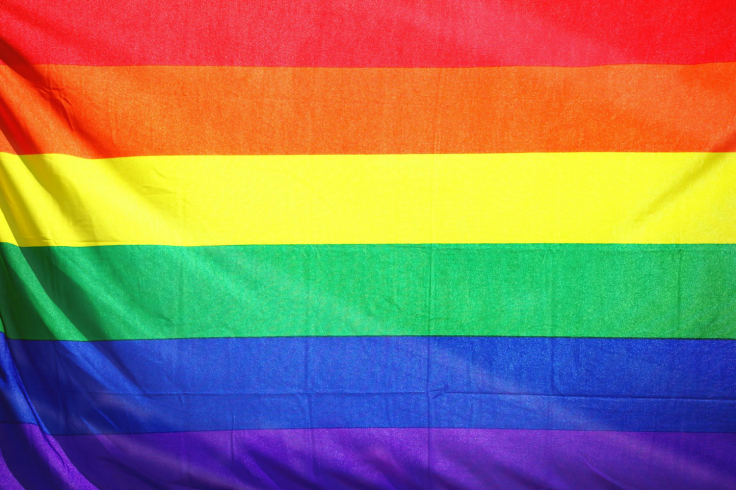South Dakota Board of Regents Policy Prohibits Employees' Inclusion of Pronouns, Tribal Affiliations in Email Signatures
ByIn a move that has sparked controversy and raised questions about free speech and identity expression, the South Dakota Board of Regents recently implemented a policy prohibiting employees at its six public universities from including their preferred gender pronouns and tribal affiliations in their email signatures.
The policy, which was passed last December, has led to at least two employees at the University of South Dakota facing disciplinary action for noncompliance. While the Board of Regents argues that the policy is about consistent branding in official communications, critics see it as an infringement on individual rights and an erasure of identities, particularly for Native Americans in the state.

The Policy and Its Enforcement
The policy, which falls under the Board's branding and communication regulations, specifies that an employee's email signature may only contain certain information such as educational credentials, job title, contact information, and official university links. While the policy does not explicitly state that pronouns and tribal affiliations are not permitted, it prohibits the inclusion of any information not listed in the policy. Employees found in violation of the policy could face disciplinary action.
Since the policy's implementation, at least two employees at the University of South Dakota, including John Little, director of Native recruitment and alumni engagement, have been threatened with disciplinary action, including possible suspension and termination, if they did not remove their pronouns and tribal affiliations from their email signatures. Little, who formerly listed his preferred pronouns and tribal affiliation in his signature, expressed disappointment in the Board's decision, stating that it continues the erasure of Native people in South Dakota.
Criticism and Response
Critics of the policy, including the American Civil Liberties Union of South Dakota, argue that it raises questions about free speech and may not be applied evenly across all employees. Samantha Chapman, advocacy manager for the ACLU of South Dakota, expressed concern that the policy could be used as a tool for discrimination, particularly against certain individuals or groups. The ACLU is closely monitoring the situation to ensure that the policy is not used to target specific individuals or restrict their freedom of expression.
In response to the criticism, a spokesperson for the Board of Regents emphasized the importance of consistent branding in official communications and stated that while some employees may have additional information they would like to share, it is critical to identify consistent parameters for official employee communication. The spokesperson noted that the policy is limited to communications by employees acting in their official capacity and using institutional communication channels.
Impact on Diversity and Inclusion
The policy has also raised concerns about its impact on diversity and inclusion efforts at South Dakota's public universities. Some students believe that the policy was intended to target the LGBTQ community, specifically, as part of a larger effort to erase queer identities from public life. Others argue that the policy undermines efforts to recognize and honor the tribal affiliations of Native employees, which are often integral to their identities and roles within the university community.
In response to the policy, USD's student government passed a resolution criticizing it and calling for its repeal. Students argue that the policy not only hinders the ability of employees to express their identities but also reinforces centuries of erasure that the Native community has experienced in South Dakota and beyond. The resolution also raised concerns about the lack of input from students and employees in the development of the policy, highlighting a broader issue of transparency and inclusivity within the university system.
The South Dakota Board of Regents policy prohibiting employees from including their preferred gender pronouns and tribal affiliations in email signatures has sparked controversy and raised important questions about free speech, identity expression, and diversity and inclusion. While the Board argues that the policy is about consistent branding in official communications, critics see it as an infringement on individual rights and an erasure of identities, particularly for Native Americans in the state. As the debate continues, it remains to be seen how the policy will be enforced and whether it will have a lasting impact on the university community.
© 2025 University Herald, All rights reserved. Do not reproduce without permission.








